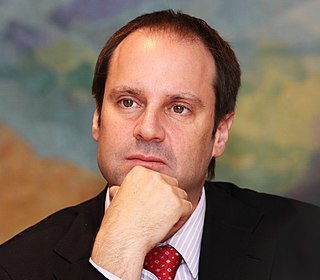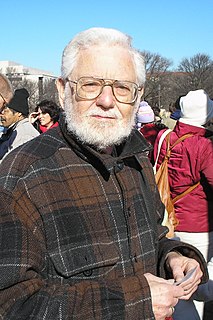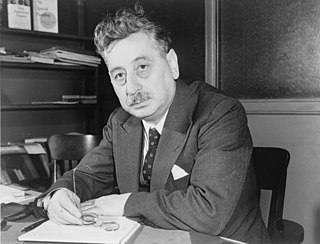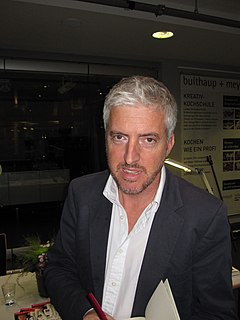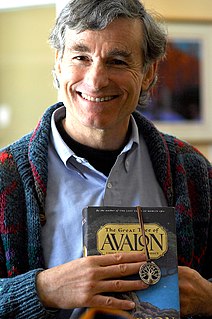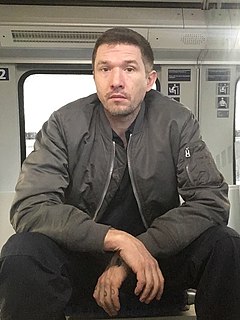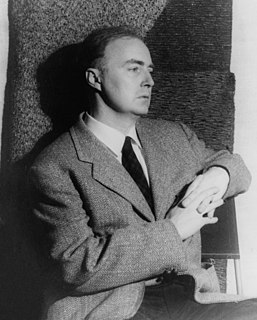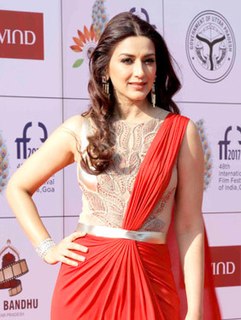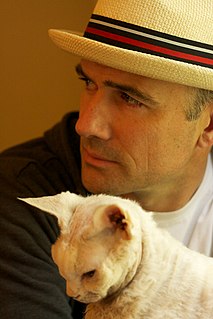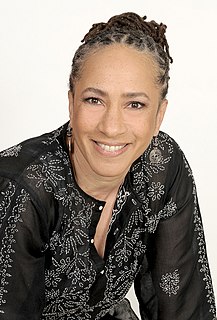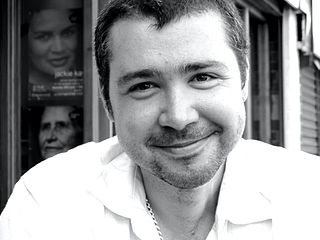Top 1200 Censorship In Books Quotes & Sayings - Page 20
Explore popular Censorship In Books quotes.
Last updated on April 15, 2025.
I must say, some are not very beautifully made. They’re coffee-table books for people who drink alcohol. I have nothing against coffee-table books as long as they are well done. They must not look like gravestones on a table. Sometimes they are too big, they come in boxes and things like this. No, a book has to be easy to open and you don’t have to be a bodybuilder to lift it. I like books I can read in bed. Those big tombstones would kill me.
That movie [A Series of Unfortunate Events] told four books in two hours, and we have two hours per book. So we have eight hours to tell four books, and if people watch we'll get to tell more of them. There's only thirteen books, so there's only going to be two more seasons, but that allows for a lot of time to be in character and to maintain character.
There are two books that I often travel with; one is 'The Theory on Moral Sentiments' by Adam Smith. The other is 'The Meditations.' It's not that I agree with either views expressed in the books, but I believe ideas and thoughts of older generations can offer food for thought for the current generation.
For books [Charles Darwin] had no respect, but merely considered them as tools to be worked with. ... he would cut a heavy book in half, to make it more convenient to hold. He used to boast that he had made Lyell publish the second edition of one of his books in two volumes, instead of in one, by telling him how ho had been obliged to cut it in half. ... his library was not ornamental, but was striking from being so evidently a working collection of books.
As a sensitive filmmaker, I think you have to really be careful in how you explore it. Not that you can't tell any story you want - I'm not calling for censorship or anything. But if you're going to have violence, I think it's important to deal with the consequences of that on a human level, not just to make people laugh.
Imprisoning philosophy within the professionalizations and specializations of an institutionalized curriculum, after the manner of our contemporary European and North American culture, is arguably a good deal more effective in neutralizing its effects than either religious censorship or political terror
